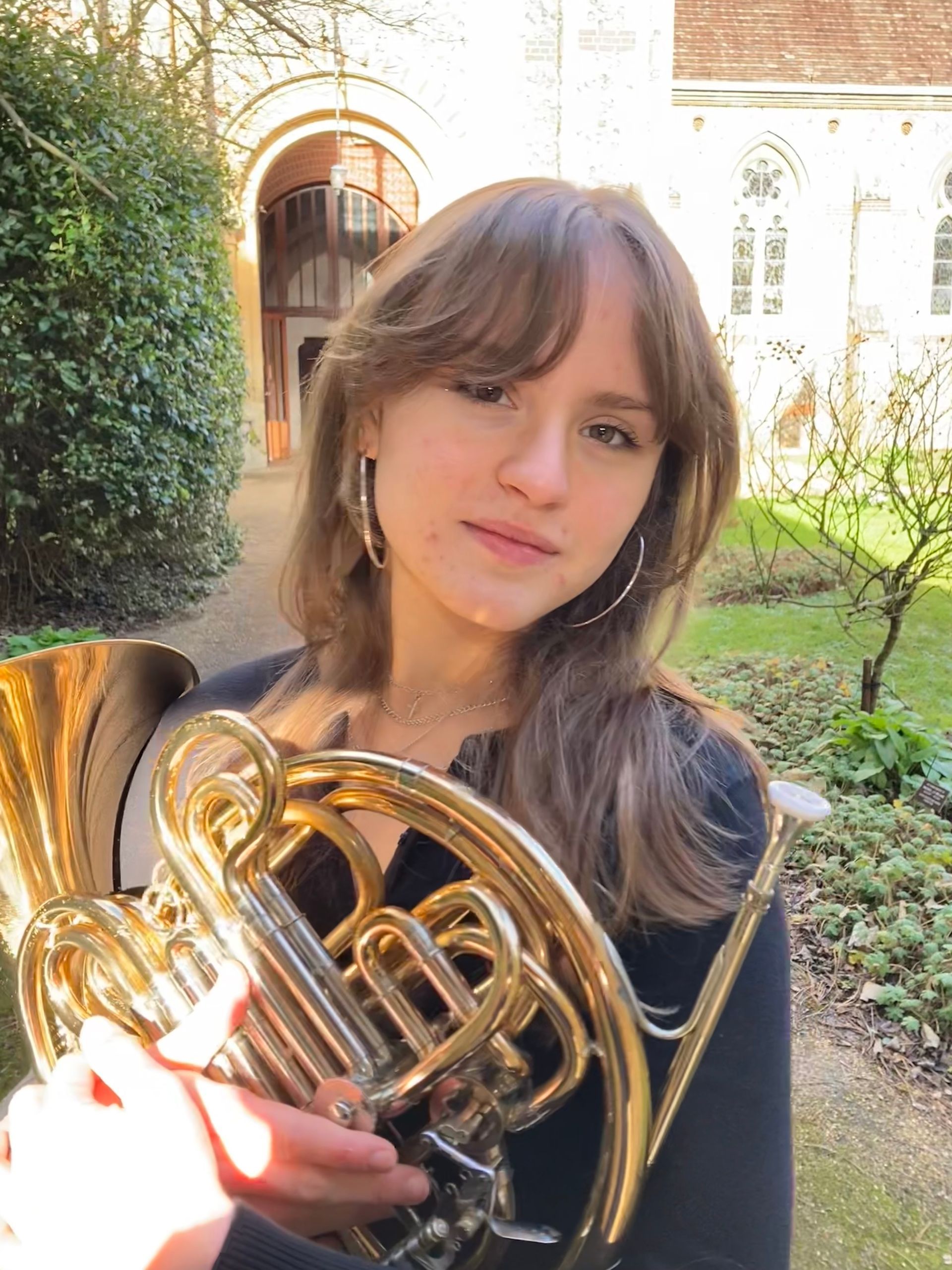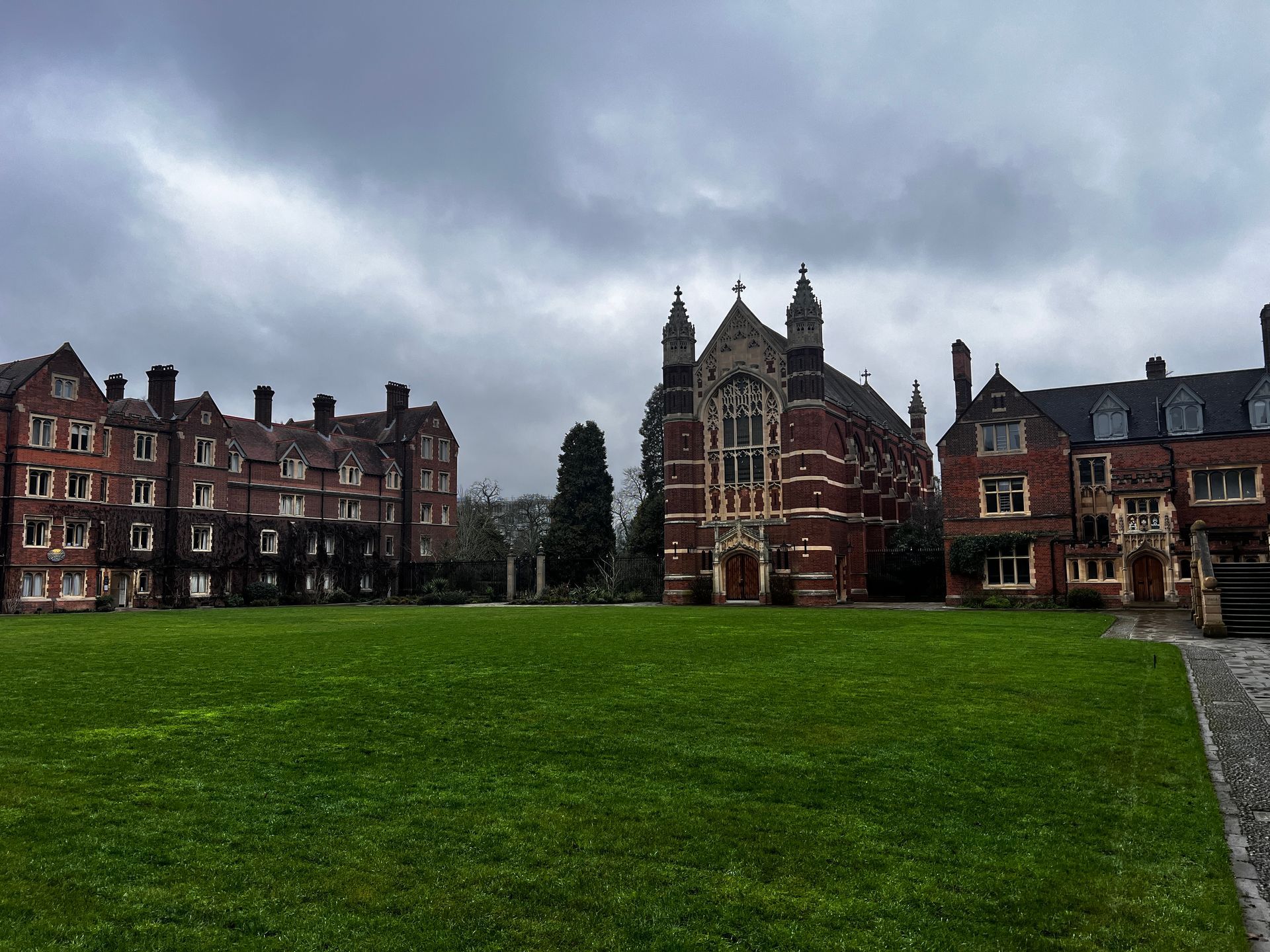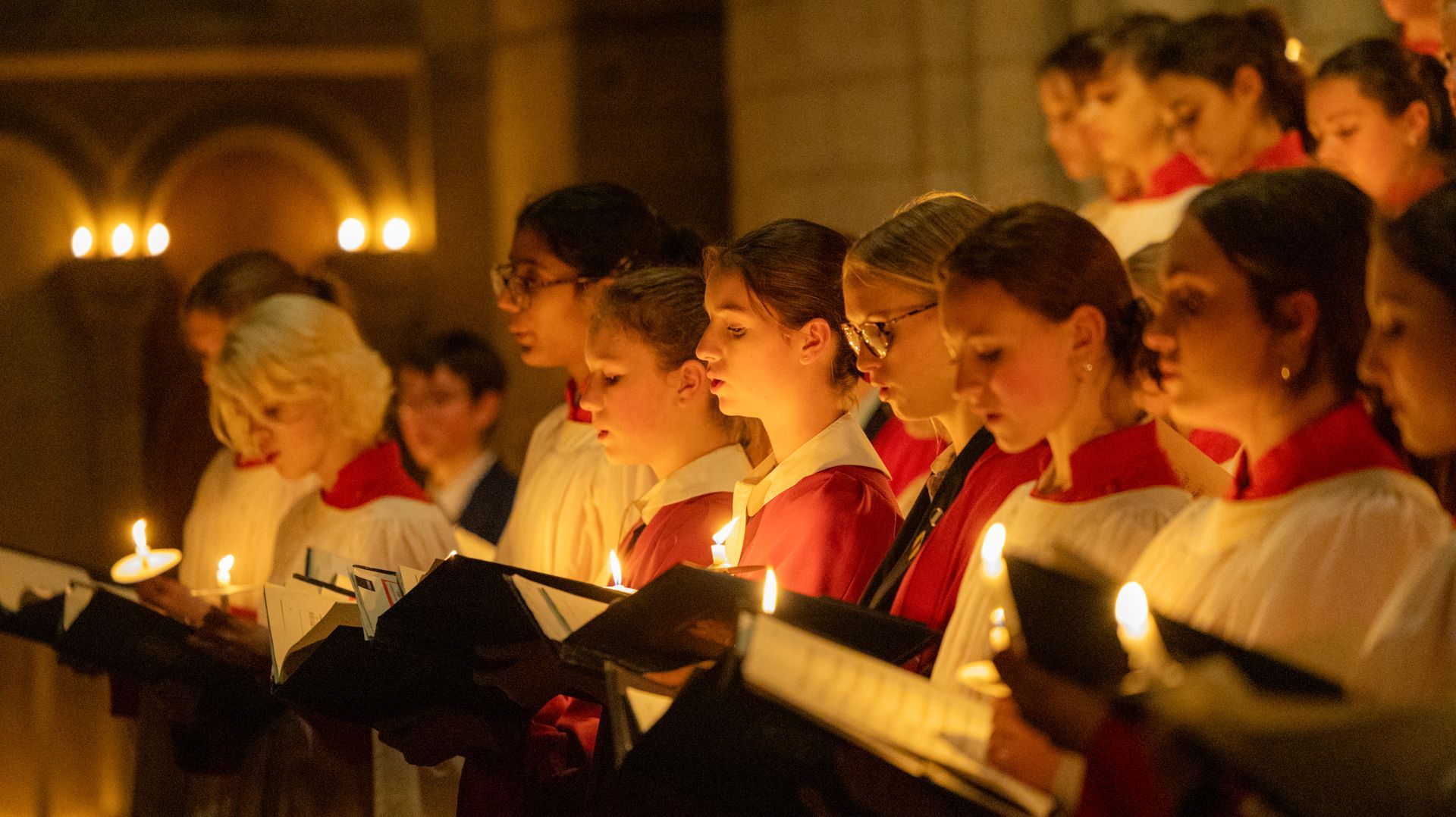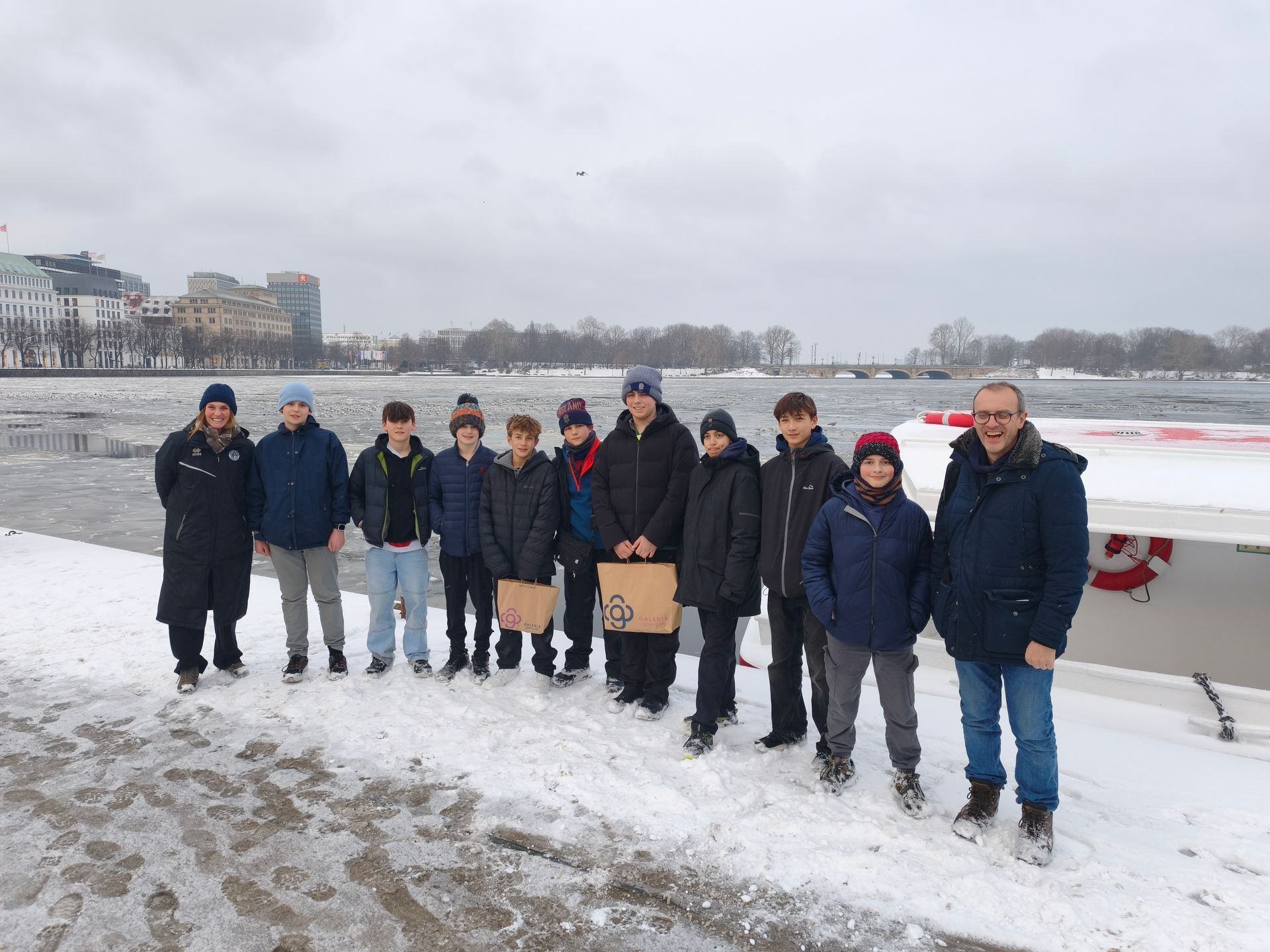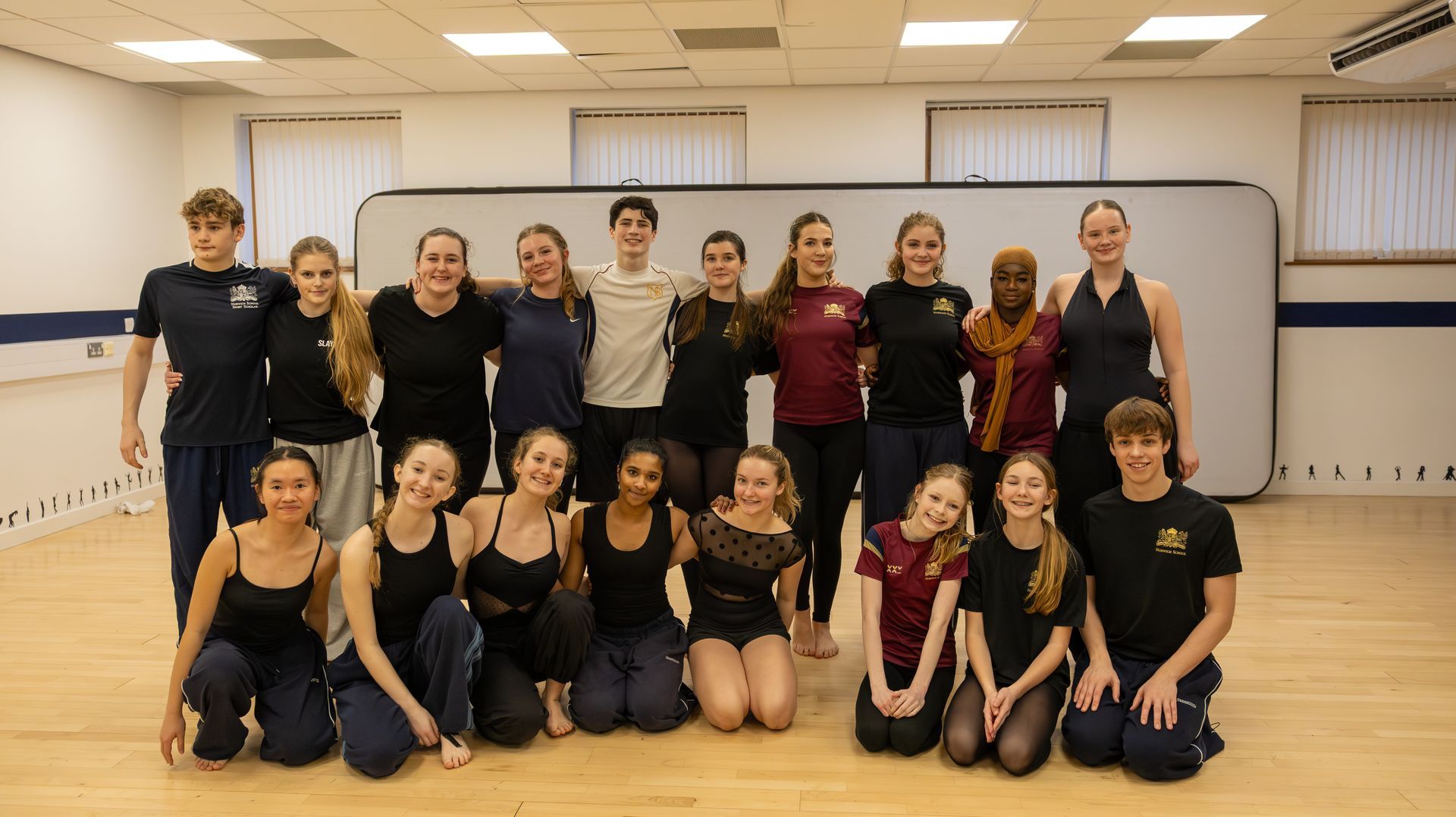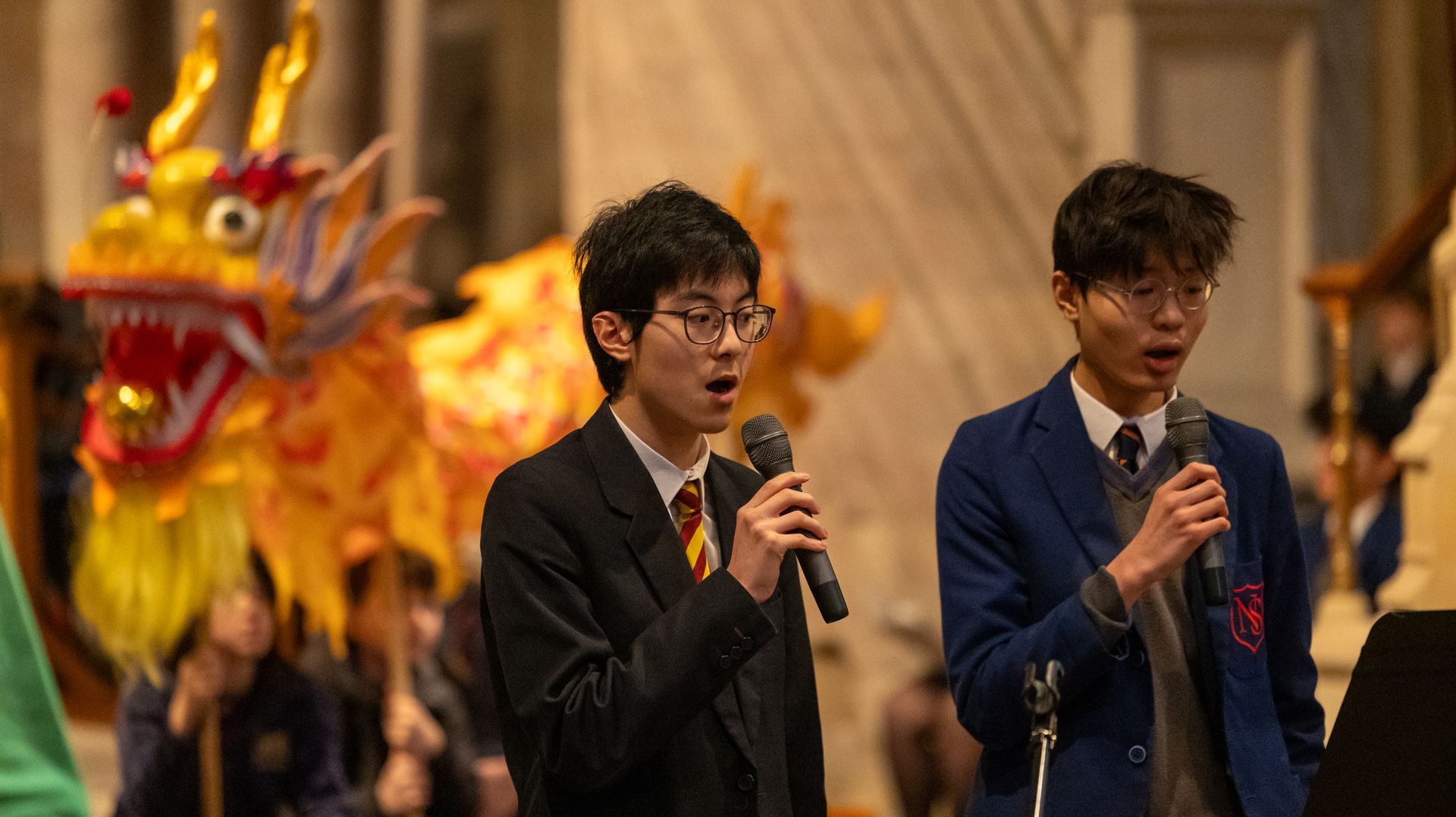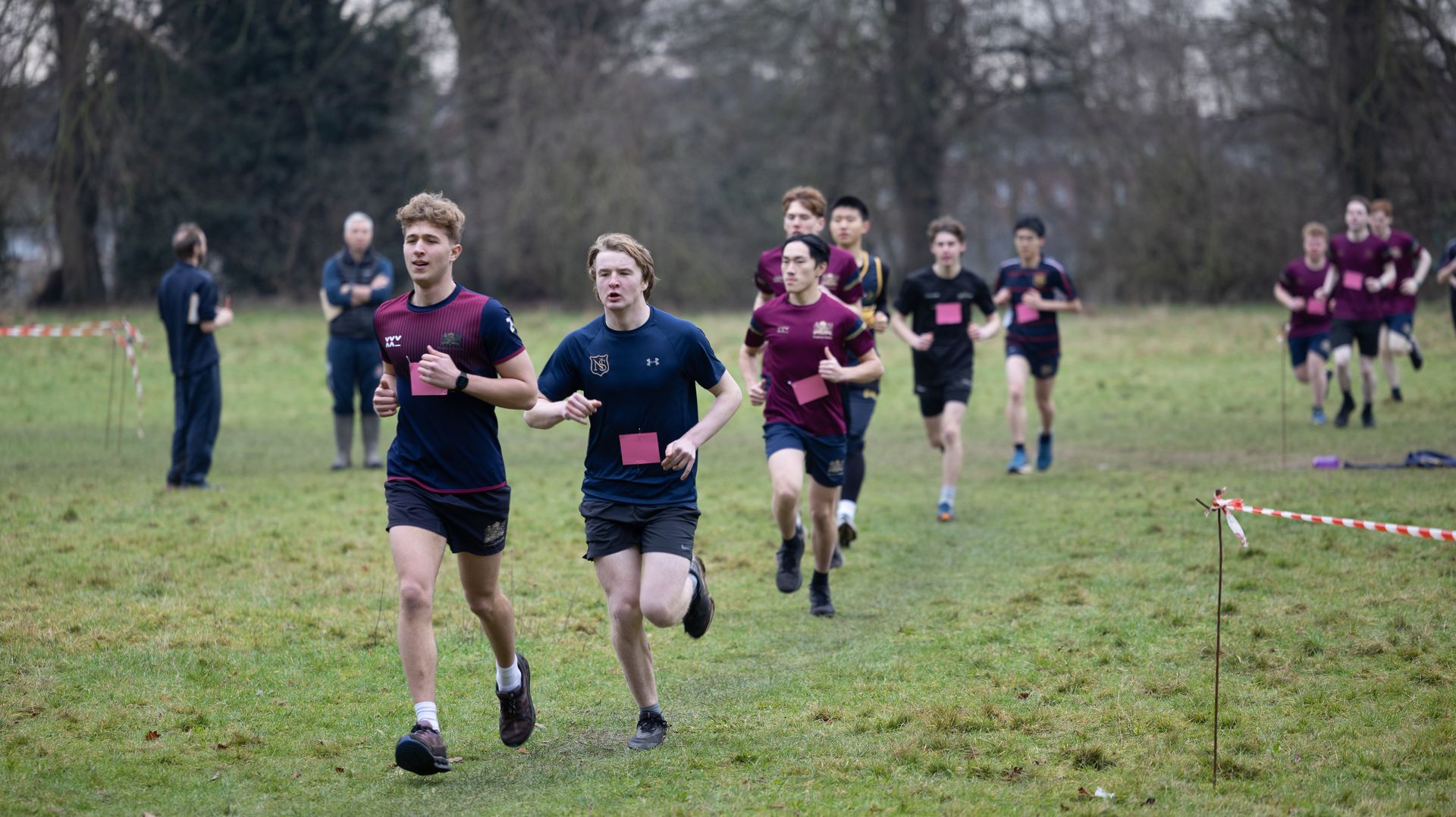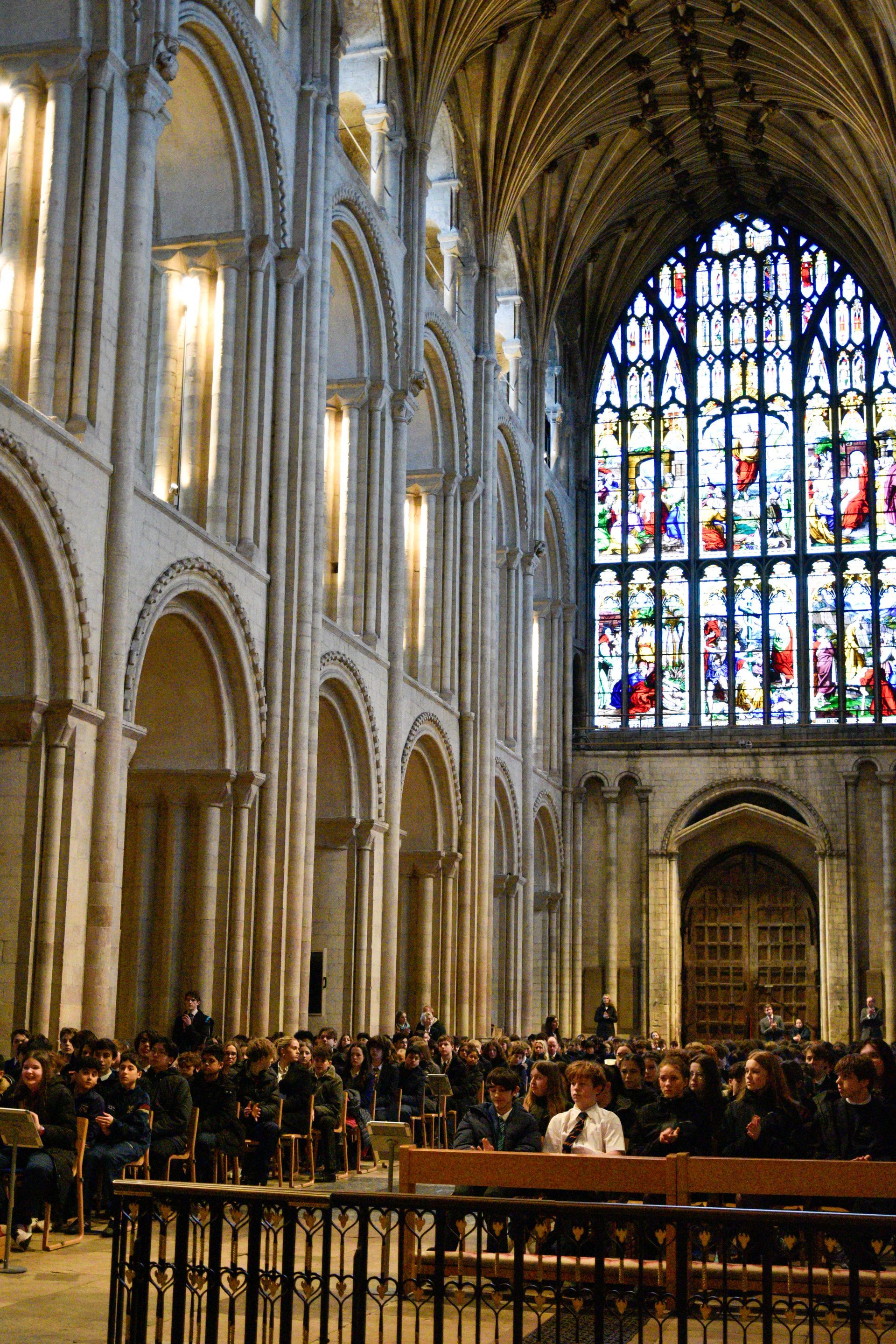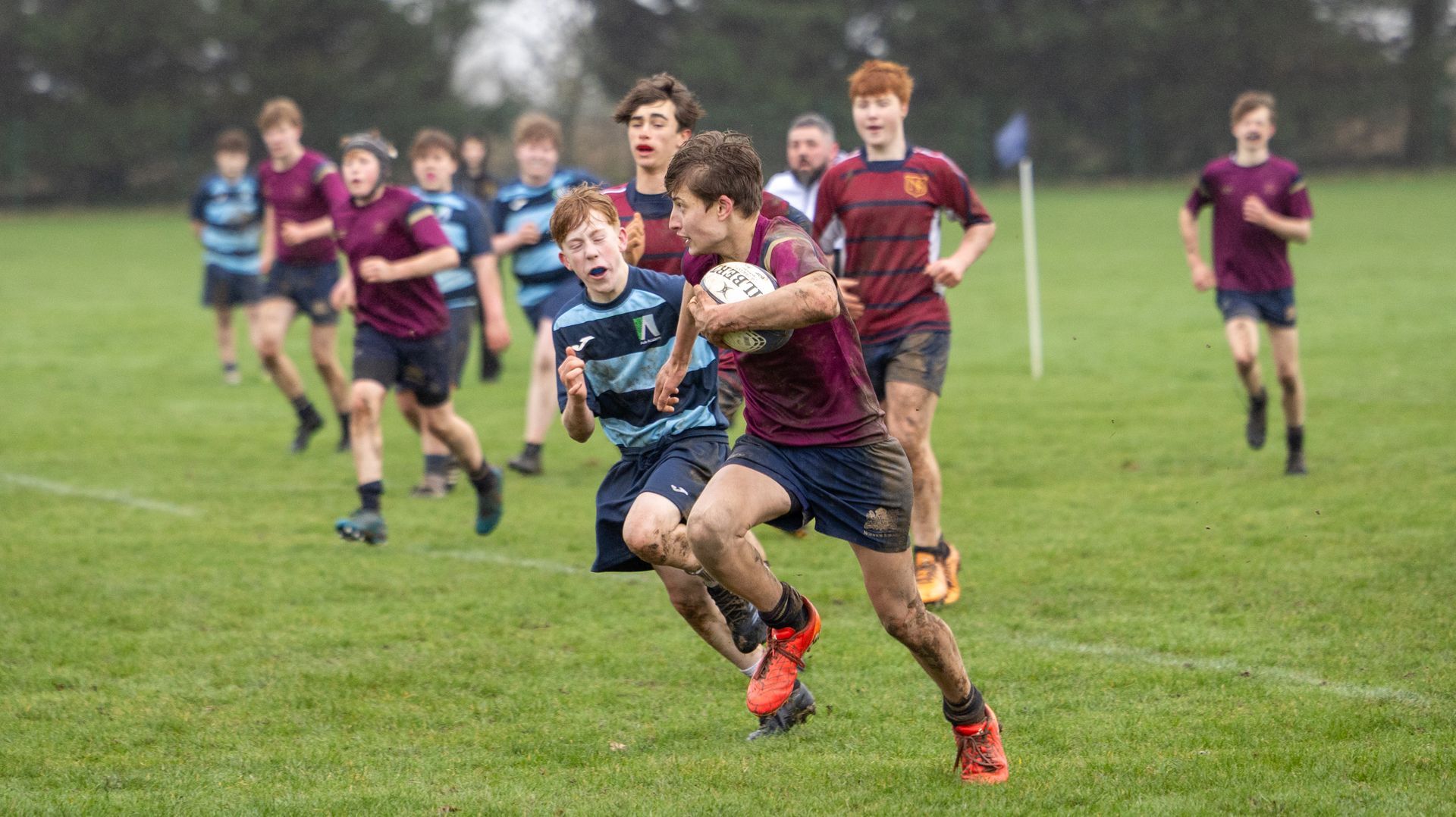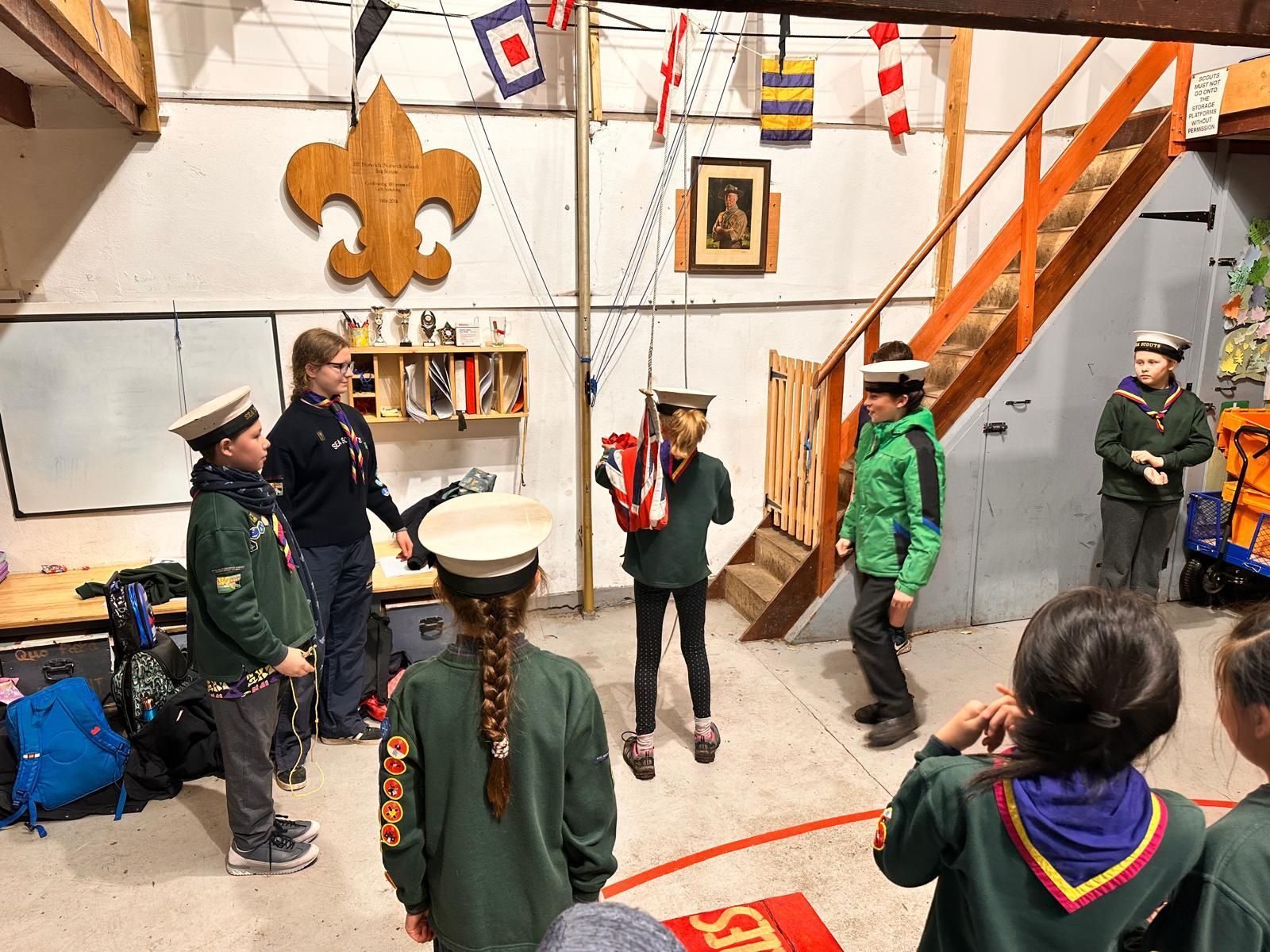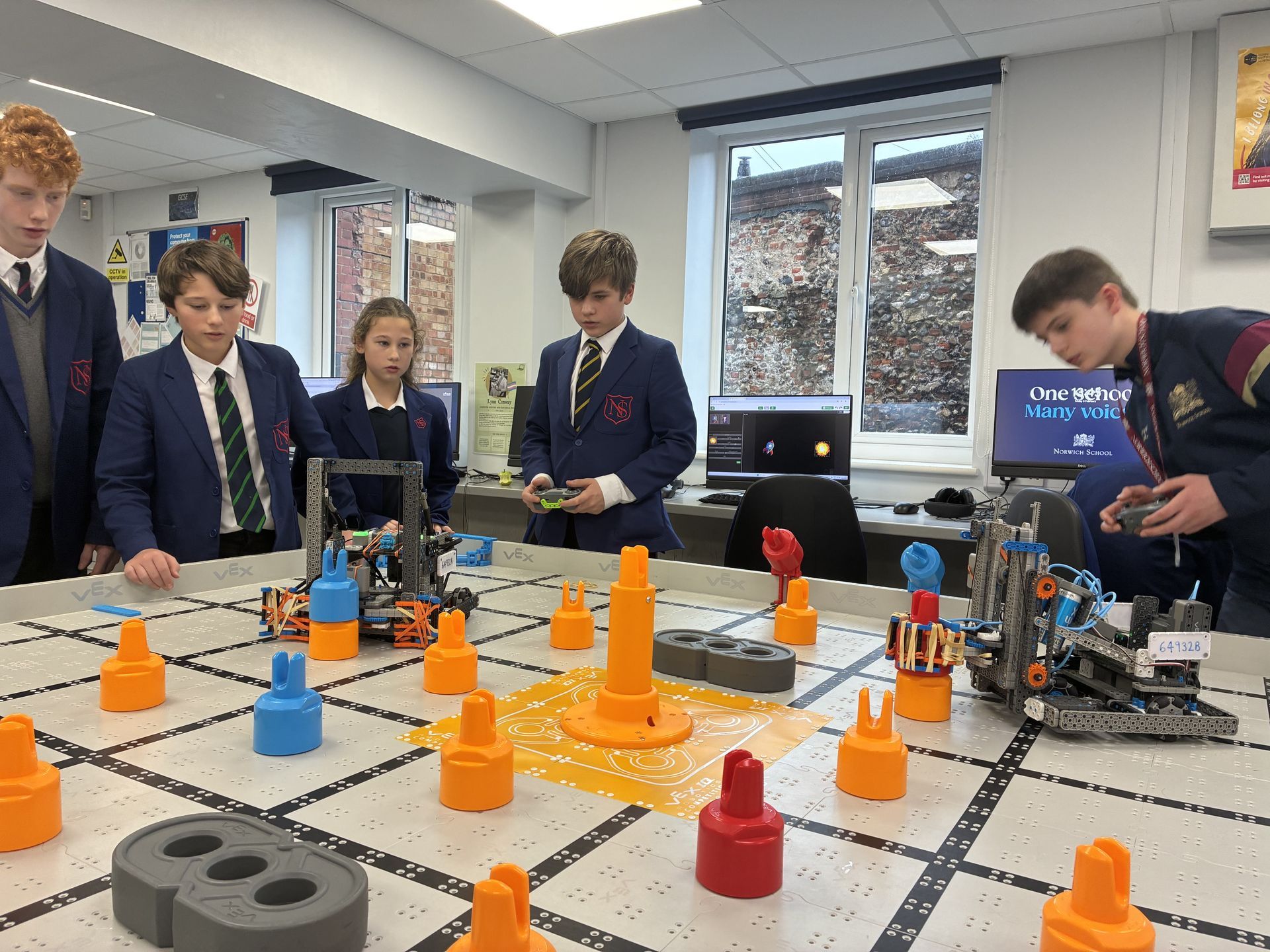Lower 6 Pupil, Melissa Hawkings, Chosen as Guest Musician for the National Youth Orchestra 2025
February 17, 2025
Following her success as an Associate Musician in 2024, Melissa Hawkings (L6) has been chosen as a Guest Musician for the National Youth Orchestra 2025! To celebrate this achievement we asked her few questions about what this entails, her experience as a musician and what she is looking forward to.
Can you tell me a little bit about what being a Guest for the National Youth Orchestra means?
It involves taking part in two NYO residencies, where I’ll work on orchestral pieces as part of the horn section and give concerts around the UK at the end of each residency. My next involvement with the orchestra is in April, where we will perform Bernstein’s West Side Story and Stravinsky’s Ballet Petrushka, which I can’t wait to play! The highlight is the Summer Residency, which will culminate in a performance at the BBC Proms at the Royal Albert Hall. Bringing music to local communities is also a part of being an NYO Guest. For example, I’m going to Blackpool this half term, where I will perform to hundreds of young people in the Blackpool Tower and then lead creative workshops in local secondary schools.
And how long is a residency?
Each residency is around 13 days, in which the first 8 or 9 days are spent rehearsing and getting to know other musicians, and the rest is spent doing a concert tour.
Will this take place in the holidays?
Yes it will.
Do you have to do any additional things in term-time as well?
It depends on which events you get allocated to - one of my events will overlap by 2 or 3 days.
And has the school been supportive of your musical journey?
Yes, they have been really supportive! All the teachers are really helpful, both from an academic and performance perspective. They have given me loads of performance opportunities throughout the years such as recitals and masterclasses, and have also supported me in going to the Royal College of Music on Saturday, where I receive my instrumental lessons and play in the symphony orchestra and chamber groups.
And what was the process of applying like?
There are two rounds. For the first round, I filmed myself performing a piece and a few orchestral excerpts, which are famous horn moments from orchestral pieces. Following this, I was selected for a second round audition, where I performed a piece and orchestral excerpts to a live panel of NYO tutors. I also took part in ensemble workshops throughout the day. It was quite nerve racking at first, especially playing to 3 completely new people, but I got a lot out of it.
And what happened after that?
The first year I auditioned, I was offered the position of an Associate Musician, which involved taking part in the Winter and Summer Residencies. For me, the highlight of this was playing in Strauss’ Alpine Symphony and the world premiere of Dani Howard’s piece Ascent. This year, I was offered a place as a Guest Musician, which will involve playing a lot more in the orchestra.
What is the difference between a Guest and Associate Musician?
Being an associate involved performing in selected parts of the concert tours, whereas as a Guest, I will fully take part in 2 of the residencies, and perform in all of the pieces during the concert tours.
How long have you been playing?
Since I was 11. I started at the local Music Hub at CNS and I really enjoyed it, but I can’t remember why I picked the horn!
What A Levels do you study at Norwich School?
Music, English and Spanish.
What does being a musical scholar at Norwich School entail?
It’s a really exciting part of school life. I play in lots of ensembles such as Gateway Orchestra and Cathedral trumpets, and also in masterclasses that come up through the Making Musicians Programme. For example, In March I played in a masterclass with Amos Miller, who is the Head of Brass at the Royal College of Music. You can also get involved in recitals through the Making Musicians programmes, or performing in services such as Remembrance, where I played the Last Post on trumpet. It was unlike any other concert, I could only hear myself as everyone was silent, I enjoyed playing a lot.
How do you find balancing your music with your studies?
Sometimes it is challenging to keep everything going, especially last year whilst taking my GCSEs, but the school have been incredibly supportive. Music is always something I can go to relax, like when you think about it all I’m doing is blowing down a piece of tubing so it’s quite low stakes from that perspective.
What are you most excited for in your upcoming residency?
I’m really excited to get to know the horn section, which may sound a bit geeky, but its rare to come across so many horn players in one place! Most of all, I’m excited to perform the music from West Side Story in Bridgewater Hall, because one of the pieces involves shouting Mambo in the middle of it!
Are you nervous about anything in particular?
The first few days of the residency are always a bit nerve wracking because of all the new people, but you get used to it after a while.
Have you ever composed yourself?
Yes I have, although I wouldn’t really consider myself a composer (I had to do it at GCSE). I’d like to get better at it.
What are your future goals in music?
I’d really like to give more recitals, take part in some competitions, and get a place at a conservatoire.
What would you say to any young people who are thinking they might want to play the French Horn?
Do it! I think one of the best things about music is playing with other people, and the horn is suited for so many different ensembles where you can explore a variety of genres. It’s a really unique and special instrument.
